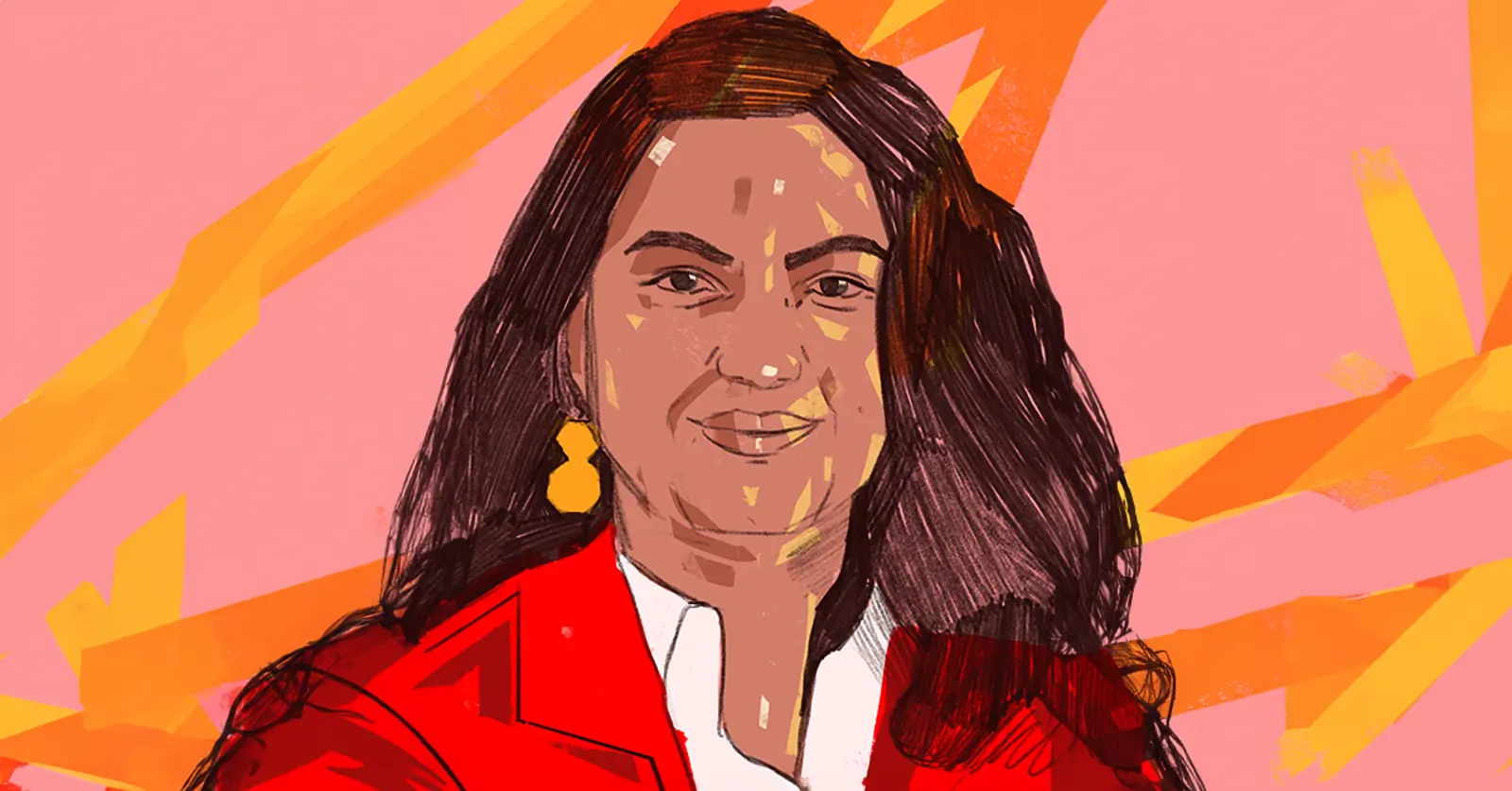Impact Makers: Angela Chaudhuri
Bridging climate and health for vulnerable communities Impact Makers: Angela Chaudhuri
Sunday, 17 November 2024 | By Climate Champions

NAME
Angela Chaudhuri
TITLE
Chief Catalyst, Swasti
Location
Bengaluru, India
ABOUT
Angela Chaudhuri, CEO & Chief Catalyst of global health organization, Swasti, is redefining how communities, especially the most vulnerable, respond to climate-driven health risks through real-time data insights. Under her leadership, Swasti’s flagship initiative, the Precision Action Towards Climate & Health (PATCH) platform, is using data to help protect marginalized populations from escalating environmental health threats.
MOTIVATIONS
With a background in public health and a passion for social justice, Angela has dedicated her career to addressing the complex interplay of climate change, health, and social determinants. Believing in the power of collaboration, she brings together diverse stakeholders – from government agencies to community organizations – to design and implement interventions that drive positive change. Angela envisions a future where all communities, including the most marginalized, are equipped to adapt and thrive in the face of climate change.
“My journey to founding PATCH was born out of a deep frustration and a burning desire to change the narrative,” Angela reflects. “After two decades in public health, working directly with communities facing the harsh realities of climate change – extreme heat waves, floods, droughts – I realized that our traditional approaches were failing. Vulnerable populations were bearing the brunt of these impacts, yet decision-makers lacked the integrated data needed to act effectively. PATCH became my response – a bridge between complex data and real-world, life-saving decisions.”
IMPACT
Under Angela Chaudhuri’s leadership, PATCH has been tested in five cities, successfully detecting health risks early..
The platform has facilitated collaboration between public health professionals, government agencies, and healthcare providers, enabling centralized data sharing and customizable alerts.
Its colour-blind-friendly, open-access dashboards have made complex health data more accessible, particularly for marginalized communities.
PATCH has also identified previously overlooked environmental health risks, such as the condition of city lakes and open sewer networks, leading to targeted interventions.
Early warnings generated by the platform have improved resource allocation, reducing costs and increasing efficiency compared to traditional health testing methods.
PATCH’s work has also helped communities adopt a culture of regular health check-ups and early interventions.
CHALLENGES
Inertia around pandemic preparedness and resistance to data transparency posed significant challenges. Angela’s team tackled these barriers by focusing on evidence-based messaging and building alliances with government agencies. Capacity-building workshops were also crucial in equipping local authorities with the skills and confidence needed to leverage PATCH effectively.
GOALS
“I want governments and other agencies to put aside their differences and create a special purpose vehicle that allows them to share their data with each other so they can make sense of it,” says Angela, adding: “I also want a mindset of data driven policymaking, using information and evidence to drive resource allocation, programme decisions etc, to invest in surveillance and continuous monitoring even in peace times. I want PATCH to be a mainstreamed method of working instead of an externalized standalone programme, with partnerships with experts that can help support decision-making.”
ANGELA’S ADVICE
“Stay curious, stay compassionate, and don’t be afraid to push boundaries. The challenges of climate and health are immense, but so is our collective capacity to innovate and adapt. By bridging gaps and building partnerships, we can create a kinder, cleaner, and healthier planet.”
HOW YOU CAN HELP
Angela’s work with PATCH is a call to action for businesses, NGOs, healthcare providers, and individuals alike:
For businesses and investors: Invest in Swasti or similar initiatives to expand platforms like PATCH and protect vulnerable communities. Partner with Swasti to bring PATCH to new regions, enhancing climate-health preparedness.
For NGOs and policymakers: Advocate for the integration of environmental and health data into policy-making. Collaborate with PATCH to strengthen local health surveillance systems and support community-driven solutions.
For healthcare providers: Join global efforts like Health Care Without Harm to reduce healthcare’s carbon footprint while promoting sustainable health systems.
For individuals: Spread the word about PATCH and support organizations working at the climate-health nexus. Engage in community resilience-building efforts to help mitigate health risks.




